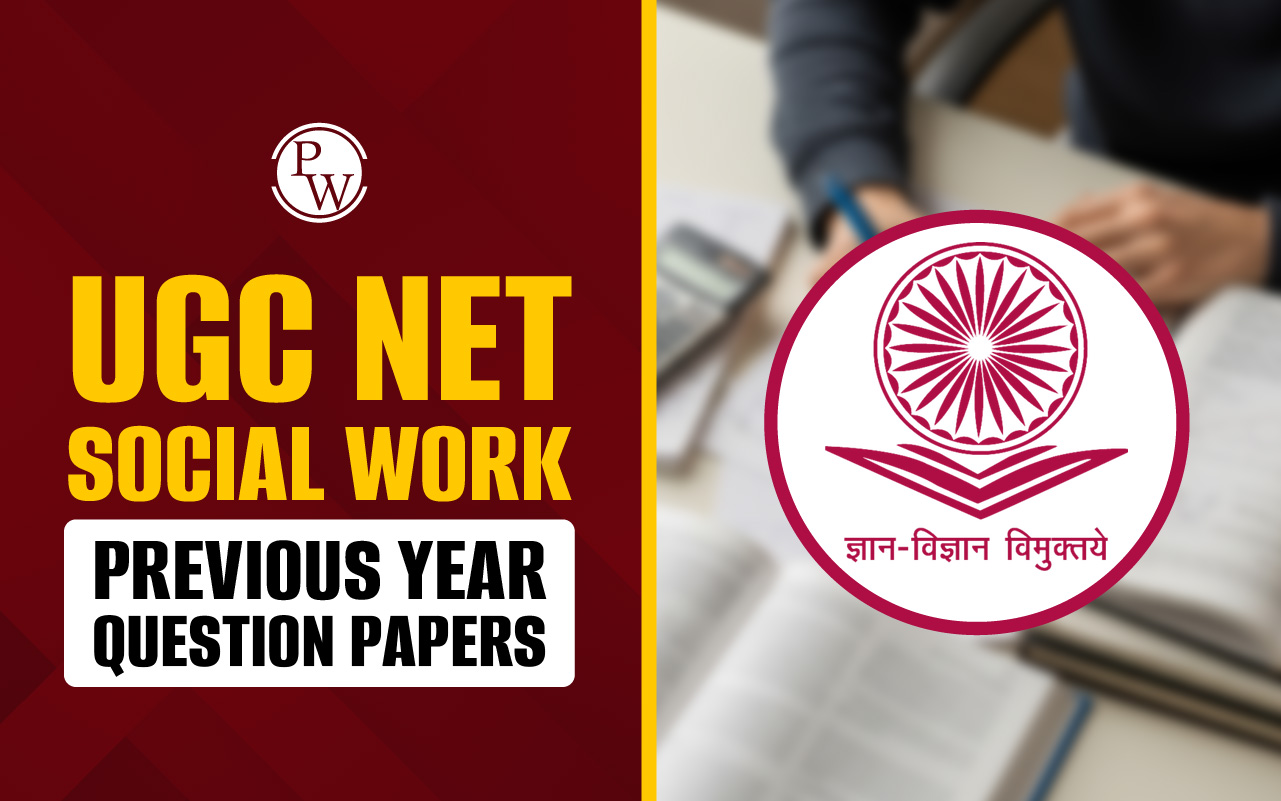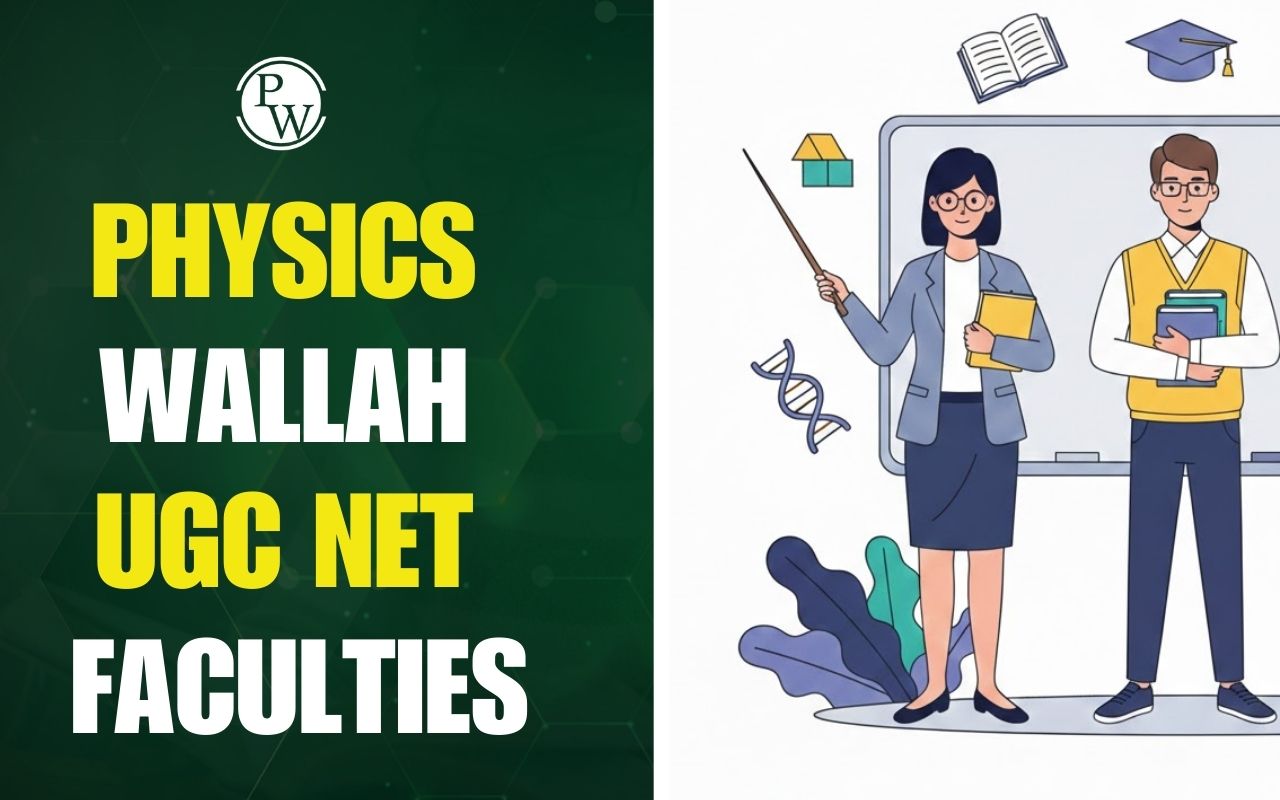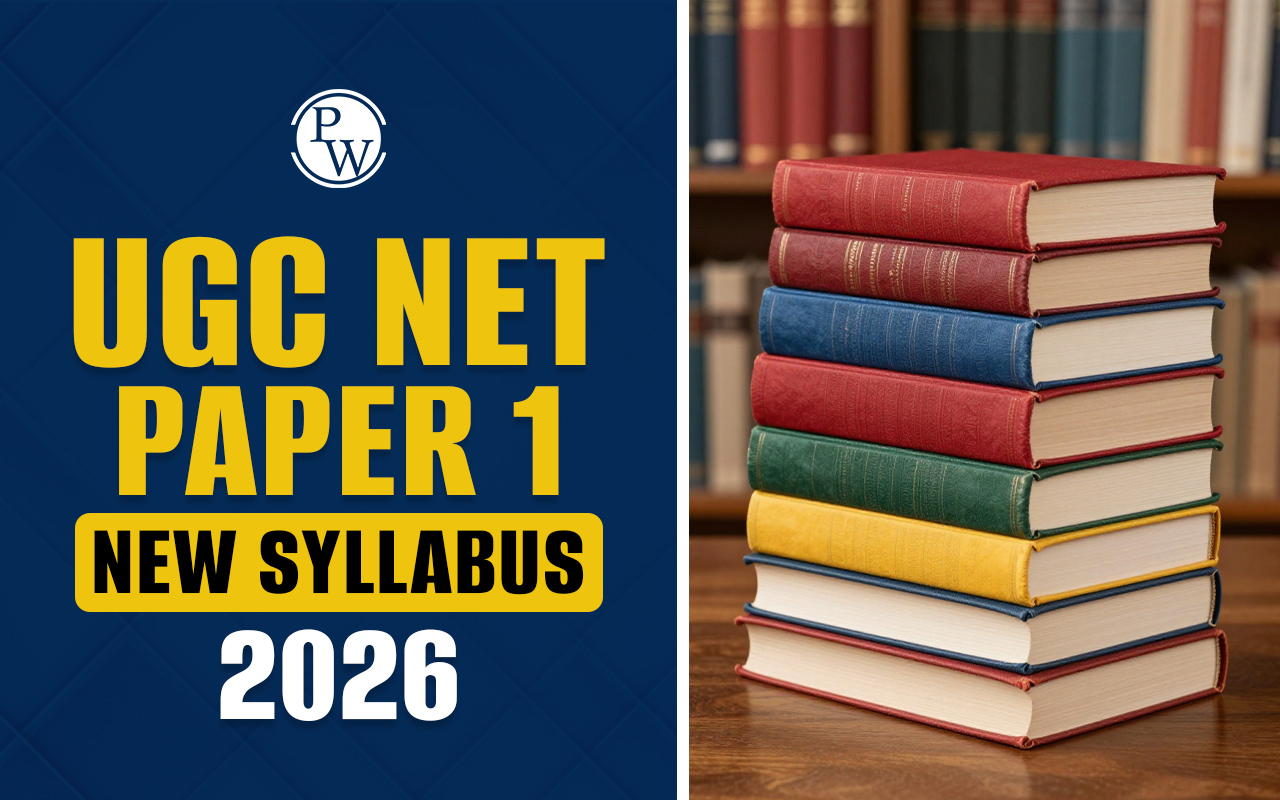
NET and SET Exam : NET (National Eligibility Test) is administered according to UGC guidelines, serving as a pathway for candidates aspiring for a Lectureship or Junior Research Fellowship on a national scale. It's a highly competitive national-level exam, allowing only deserving candidates to qualify.
Conducted by NTA, CSIR NET and ICAR NET (Indian Council of Agriculture Research National Eligibility Test) are held twice annually, while ASRB conducts its exam once a year. Successful candidates from these exams can pursue opportunities as lecturers nationwide.
On the other hand, SET (State Eligibility Test) operates at the state level, adhering to UGC guidelines and is conducted once a year. It allows eligible candidates to apply for Lectureships and Junior Research Fellowships but exclusively within state-run universities.
NET and SET Exam
NET and SET exams are annual assessments to establish eligibility for aspiring Assistant Professors or lecturers. The National Eligibility Test (NET) operates nationally, determining candidates' qualifications for Assistant Professor roles or Junior Research Fellowships (JRF) across Indian universities and colleges.
In contrast, the State Eligibility Test (SET) is conducted at the state level, determining eligibility specifically for Assistant Professor positions within respective state universities/colleges.
Despite their shared purposes, NET and SET entail subtle differences, often confusing candidates in their decision-making process. Both exams assess college eligibility and university-level teaching roles and confer Junior Research Fellowships (JRF) to Indian nationals pursuing PhD programs or research. Many aspirants opt to apply for and prepare for both exams concurrently.
Universities and colleges in India seek individuals with specific qualifications and skills, prompting the University Grant Commission (UGC) to administer two distinct entrance exams: NET at the national level and SET at the state level.
NET and SET Exam Overview
NET and SET exams serve as key assessments for individuals aspiring towards academic roles. Below is an overview outlining the fundamental distinctions between these exams, shedding light on their distinct scopes and structures
| NET and SET Exam Overview | ||
| Factors | NET Exam | SET Exam |
| Conducting Bodies | It is a national-level exam conducted by bodies like NTA, UGC & ICAR. | It is a state-level exam conducted by state-controlled bodies, each state having its own conducting authority. |
| Frequency of the Exam | UGC NET & CSIR NET: Twice a year. ASRB NET: Once a year. | Conducted once a year by state-owned bodies. |
| Purpose of the Exam | Aimed at candidates aspiring for lecturerships, professorships, or research roles in national or state-level institutions. | Geared towards individuals aspiring for Assistant Professor or Lecturer positions in state-owned institutions. |
| Syllabus of the Exam | UGC NET: 81 subjects. CSIR NET: Science stream. ASRB NET: Agricultural Studies. | Conducted by state commissions with distinct syllabi specific to each state exam. |
| Eligibility | UGC NET & CSIR NET: Age limit of 30 years for JRF, no age limit for lectureship. Master's Degree with 55% (General)/50% (others). | ASRB NET: No age limit. Requires a Master's Degree from a recognized university. UGC-accredited Master's Degree with 55% marks. |
| Exam Pattern | UGC NET: Paper I (100 marks) & Paper II (200 marks), 3 hours total, no negative marking. ASRB NET: One paper (150 MCQs), 2 hours, negative marking. SET: Paper I & Paper II (150 questions, 300 marks), no negative marking. | CSIR NET: 3 sections, 200 total marks, negative marking, varied for each subject. ASRB NET: One paper, 150 MCQs, negative marking. |
| Language of the Exam | Offered in English and Hindi. | Available in state languages besides English and Hindi. |
NET and SET Exam Eligibility Criteria
The eligibility criteria for NET and SET exams establish prerequisites for aspiring educators. Here's a brief comparison highlighting the distinctive eligibility requirements for each assessment.
| NET and SET Exam Eligibility Criteria | |
| NET Eligibility Criteria | SET Eligibility Criteria |
| Requires a minimum of 55% marks (General) or 50% (SC/ST/PwD) in Master’s Degree from UGC-recognized institutions. | Mandates a minimum of 55% (General) or 50% (SC/ST/PwD/OBC) in Master’s Degree from UGC-recognized institutions. |
| Candidates in their final year or awaiting results of the Master’s degree are eligible to apply. | Those in the final year or awaiting results of their Master’s degree can appear for the exam. |
| The upper age limit for JRF is 30 years, with relaxation for various categories. | No specified age limit; candidates can avail of any number of chances. |
| No upper age limit for applying for Assistant Professor roles. | Candidates qualifying for the NET exam become eligible for Junior Research Fellow or Assistant Professor roles nationwide. Candidates post-June 2002 SET exams can be appointed as lecturers in state-affiliated universities/colleges. |
NET and SET Exam Pattern
NET and SET exams, though sharing similarities in determining eligibility for teaching roles, differ in their scope and level. Below is a concise comparison of their exam patterns, highlighting the distinctive features of each assessment
| NET Vs SET Exam Pattern | ||
| Exam Pattern | NET Exam | SET Exam |
| Structure | Two papers with objective-type, multiple-choice questions. | Two papers were held on the same day in separate sessions. |
| Paper 1 Content | Tests aptitude, reasoning, reading comprehension, divergent thinking, and general awareness. | Evaluate teaching/research aptitude, reasoning, comprehension, divergent thinking, and general awareness. |
| Paper 2 Content | Assesses domain knowledge. | Consists of 100 objective-type subject-based questions. |
| Question Format | All questions are compulsory. | Both papers have objective-type questions; Paper 2 has 100 questions. |
| Medium of Question Paper | English & Hindi only. | Regional languages for language-specific subjects; English for other subjects. |
| Break Between Papers | No break; consecutive papers. | Held in two separate sessions. |
| Negative Marking | No negative markings for incorrect answers. | No negative marking. |
| Marks per Question | - | Each question in Pap |
NET and SET Exam Fees
The fees for appearing in NET and SET exams differ based on their respective levels and scopes. Below is a comparison highlighting the fee structures for these assessments.
| NET and SET Exam Fees | ||
| Category | UGC NET Exam Fees | SET Exam Fees |
| General/Unreserved | Rs. 1100/- | Rs. 1200/- |
| Gen-EWS*/ OBC-NCL** | Rs. 550/- | Rs. 1050/- |
| Scheduled Caste (SC)/Scheduled Tribes (ST)/Person with Disability (PwD) | Rs. 275/- | Rs. 1000/- |
| OBC (Non-creamy layer) | Rs. 1050/- | |
| General (EWS) | Rs. 1050/- | |
| PWD | Rs. 800/- | |
Which is Better Between NET and SET Exam
The differences between the NET and SET exams, previously discussed, hold significance for aspirants targeting lectureships and Junior Research Fellowships. While both exams are crucial, NET is often perceived as more challenging than SET. Consequently, candidates preparing for NET often consider appearing for SET as well.
This decision depends on candidates' preferences, allowing them to apply for both exams simultaneously, provided they are adequately prepared. NET and SET pave the way for rewarding career paths, boasting a similar syllabus. Nonetheless, candidates must ensure thorough preparation and a comprehensive grasp of their field of study.
SET's exam was prompted by the perceived higher difficulty level of NET and its relatively inflexible answering format. SET was introduced to restore balance, enabling candidates to answer questions in their preferred language alongside English. NET primarily presents questions in English, with a limited selection of regional languages.
NET and SET Exam FAQs
What is the primary difference between NET and SET exams?
How do the purposes of NET and SET differ?
Are there frequency variations between NET and SET?
What language mediums are used in NET and SET?
Is there any negative marking in NET or SET?










